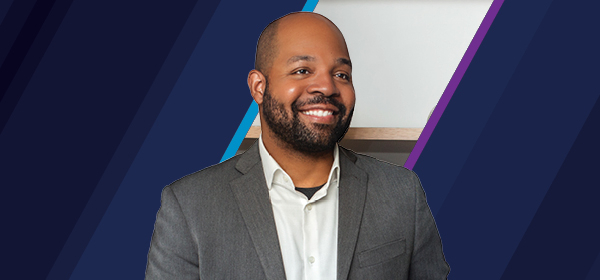Investments in HBCU institutions and student yield results and future promise
In the US, the road to economic mobility runs through higher education: a college degree increases individual lifetime earnings by nearly $500,000. But Black, Latinx, and Indigenous Americans have faced systemic barriers to these opportunities.
Historically Black Colleges and Universities (HBCUs) help fill this gap. Despite representing only 3% of higher education institutions, HBCUs generate 17% of all Black bachelor’s degrees and produce roughly 40% of Black engineers, 50% of Black doctors, and 80% of Black judges. The Supreme Court’s recent decision prohibiting race-conscious admissions is widely expected to increase enrollment at HBCUs.
Yet these institutions have long been underfunded. One analysis found a $12.8 billion funding gap for HBCU endowments over the past three decades versus other higher education institutions. At the same time, the disproportionate impact of the COVID-19 pandemic on Black and Brown communities has caused steep declines in academic achievement for low-income students.
That’s why HBCU and nonprofit leaders have joined forces to create the HBCU Transformation Project. This initiative is a collaboration between the United Negro College Fund, the Thurgood Marshall College Fund, and the Partnership for Education Advancement. It launched in 2021 with a foundational investment of $60 million from Blue Meridian Partners.
To date with support from the Project, 40 HBCUs are undertaking high-return initiatives, like building technology infrastructure and testing transformative student success and administrative strategies. These core 40 colleges and others are also partnering as a network, leveraging collective knowledge and power, and procuring and deploying shared services. By addressing historic inequities, the Project is ensuring HBCUs have the necessary resources for long-term success.
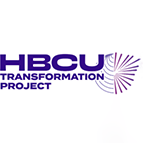
“I have an asset that’s performing well, but is underinvested,” said Jim Shelton, President and Chief Investment and Impact Officer at Blue Meridian, noting that HBCUs already educate a significant share of Black doctors, teachers, and lawyers. “If I put in more resources, what could happen?”
Wall Street Journal, September 13
This month, Blue Meridian and the Project partners announced an additional investment of $124 million based on positive results from the Project’s initial phase. The funding will expand the Project’s work on systemic improvements, pave the way to expand participation among the nation’s 102 HBCUs, expand capacity to coordinate multi-campus networks, and lead capital campaigns to close funding gaps. As a result, HBCUs will build the capacity to enroll 90,000 more students and produce 22,000 more graduates, increasing Black wealth by $1.1 billion annually.
We are grateful to all of our Partners, especially Charles and Lynn Schusterman Family Philanthropies for their significant financial support, for investing so deeply in the HBCU Transformation Project, a vital contributor to US economic and social mobility. Still, tripling our commitment to the leadership and expertise of the nation’s Historically Black Colleges and Universities is not enough. Our investment is only a downpayment on the total capital HBCUs will require to fully realize their potential. We invite other philanthropies and individual donors to invest alongside us. Together, we believe our partnership can achieve the goal of improving the life trajectories of people living in poverty in the US.
Signs of Progress
Blue Meridian Partners’ $184 million total investment in the HBCU Transformation Project is laying the groundwork for these institutions to grow and thrive. HBCUs working with the Project have begun implementing efforts to drive student enrollment, retention, and systemic improvements.
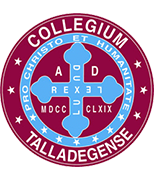
TALLADEGA COLLEGE
Establishing an honors college program and a “Pathway to Talladega” program for emerging scholars to improve enrollment and retention.

FLORIDA A&M UNIVERSITY
Automating admissions communications tactics that will provide personalized reminders of important deadlines and alert applicants about missing admissions documents.
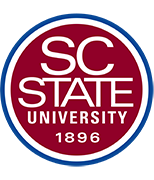
SOUTH CAROLINA STATE UNIVERSITY
Improving technology, including new AI platforms and CRM software solutions, to increase enrollment by helping students navigate the application and financial aid processes.

MOREHOUSE COLLEGE
Implementing an innovative approach to retention that identifies students at risk for leaving the school and offers intensive coaching, tutoring, and other support to improve student persistence.
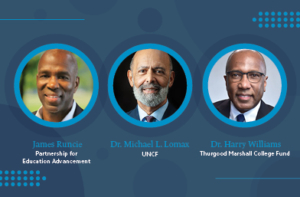
“The HBCU Transformation Project will deliver permanent, sustainable, and systemic improvement placing HBCUs at the leading edge of transformation and infrastructure enhancements that will impact student outcomes well into the future.”
James Runcie, CEO & Co-Founder, Partnership for Education Advancement
“We recognize that our institutions must evolve to give future generations the educational experiences they need. The Transformation Project will ensure that HBCUs continue to be drivers of economic mobility and champions for racial equity long into the future.”
Dr. Michael L. Lomax, President & CEO, United Negro College Fund
“HBCUs have always been an express train to the Black middle class, and to keep that going, we need to accelerate our collaborative work and identify solutions that help maximize our students’ path to success.”
Dr. Harry L. Williams, President & CEO, Thurgood Marshall College Fund
